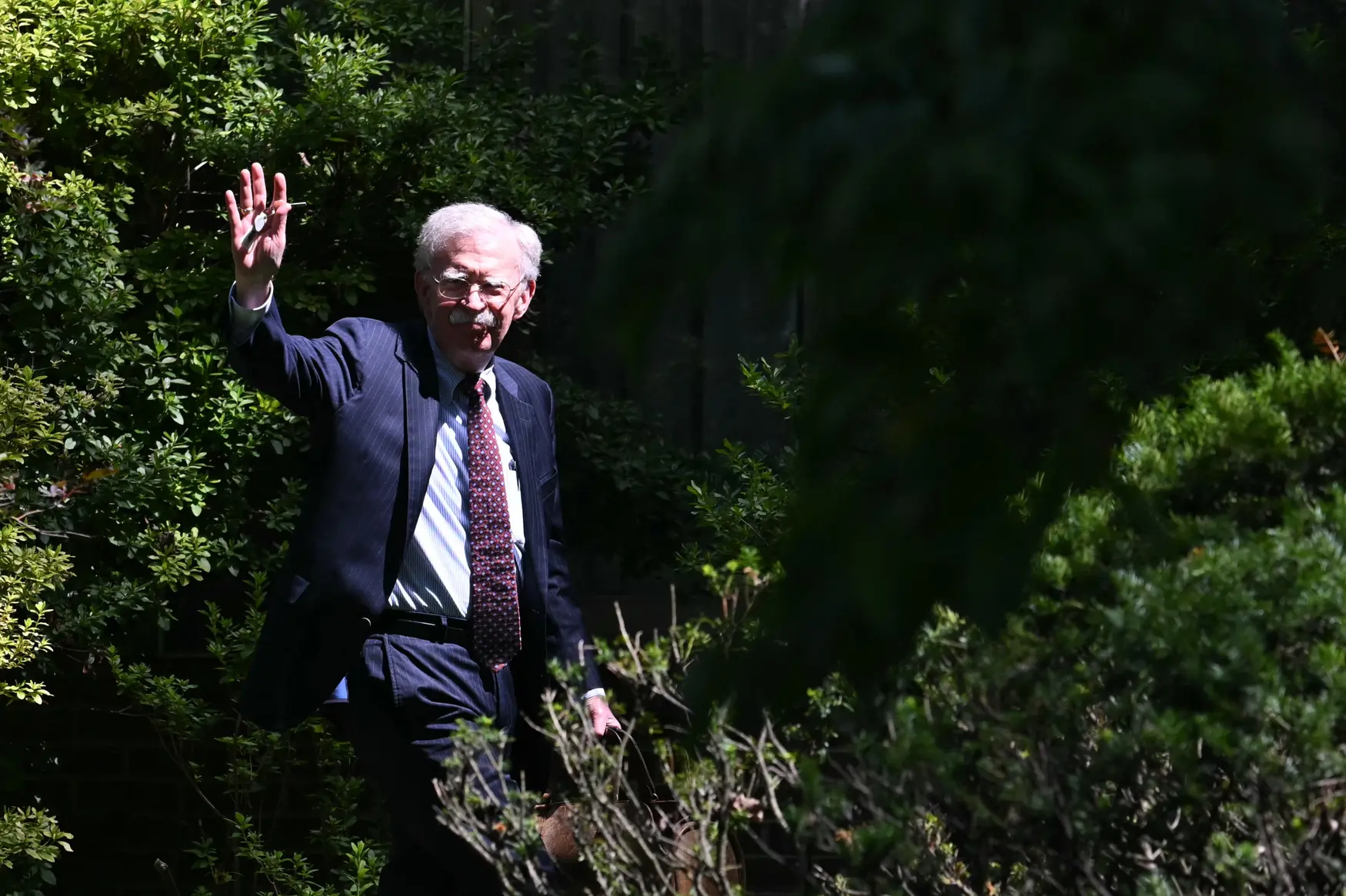T4K3.news
Hostages march prompts political clash in London
Relatives of hostages push for release before any Palestinian state recognition as the Labour pledge faces scrutiny near Downing Street
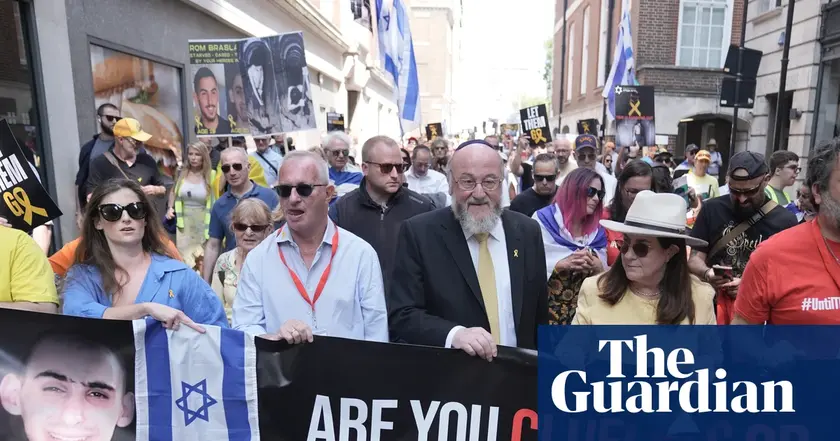
Sir Ephraim Mirvis joins families in London calling for hostages release before any Palestinian state recognition
UK chief rabbi condemns Labour Palestine pledge at hostages march
Thousands gathered in Lincoln's Inn Fields and near Downing Street for a national march in support of Israeli hostages held by Hamas. The UK’s top rabbi, Sir Ephraim Mirvis, addressed the crowd and pressed the government to prioritise the hostages before moving to recognise a Palestinian state. Labour’s plan to recognise a Palestinian state in September remained a focal point of debate as Keir Starmer said recognition would go ahead unless conditions to end the Gaza conflict are met. The march was organised by Jewish groups including Stop the Hate, with relatives of hostages speaking at the event.
Police later confirmed a man was arrested near Charing Cross during the march for common assault and a racially aggravated public order offence after the crowd paused briefly. A scuffle broke out when at least two men shouted Free Palestine in front of the procession, highlighting tensions that accompanied the political moment.
Key Takeaways
"How would you live with recognising a Palestinian state led by a terrorist organisation"
Mirvis questions the moral and security implications of a state recognition
"This is the time for responsible action it is not too late"
Mirvis urges the government to act now
"It takes the wind out of the sails of war and puts us on a new direction"
Ma’anit on the potential diplomatic shift
"They threatened to recognise the state of Palestine if there was no ceasefire with Hamas"
Security considerations shaping the pledge
The event shows how foreign policy promises have real domestic consequences in the UK. For Labour, the pledge to recognise a Palestinian state becomes a political test that intersects with security concerns and community anxieties. Community voices, led by religious leaders and family members of hostages, are shaping the framing of the policy debate. This moment could influence voter perceptions ahead of any elections and complicate party messaging on foreign policy.
Beyond party lines, the scene exposes how symbolism and timing matter in crisis diplomacy. A pledge to recognise a state amid hostage crises invites scrutiny of credibility and feasibility. The government faces pressure to balance moral positions with practical steps to free hostages and prevent escalation in a volatile region.
Highlights
- Hostages must come home before politics
- Actions matter more than slogans
- Leadership is tested in tough times
- Policy without a plan to free hostages is empty
Political sensitivity and public backlash risk
The march highlights sharp debates over foreign policy and religious leadership in a tense security context. The Labour pledge and the response from community voices could provoke backlash among voters, rival parties, and segments of both pro Palestine and pro Israeli groups. The policy choice may influence public opinion ahead of elections and affect coalition dynamics.
Where policy meets people, trust in leadership becomes the true test.
Enjoyed this? Let your friends know!
Related News
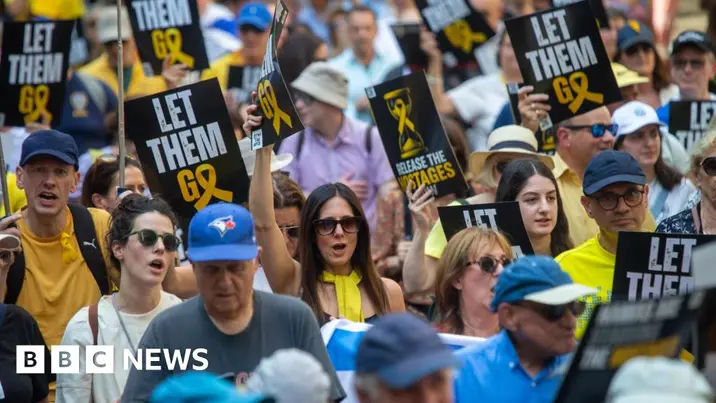
London march calls for Gaza hostage release
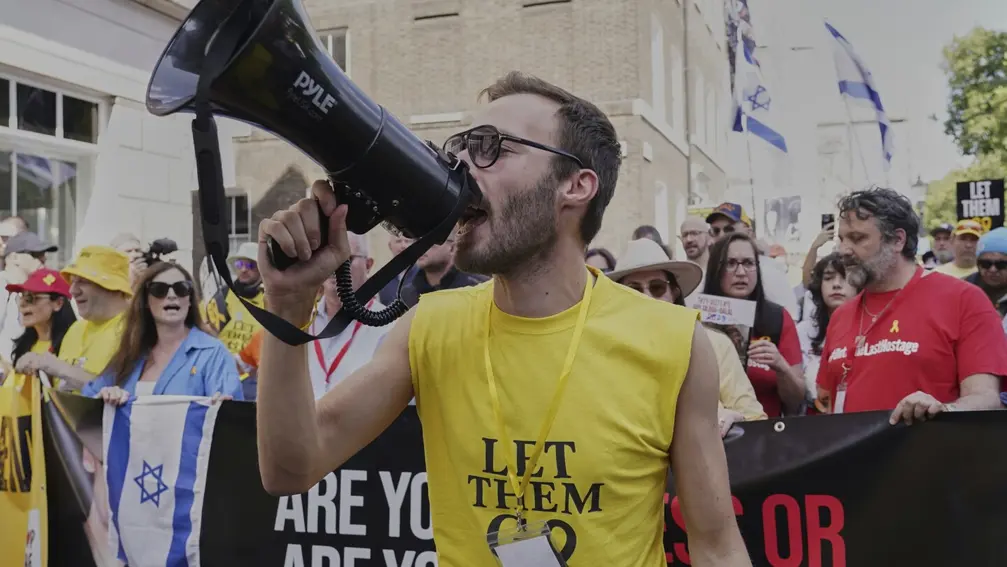
London Gaza hostage march
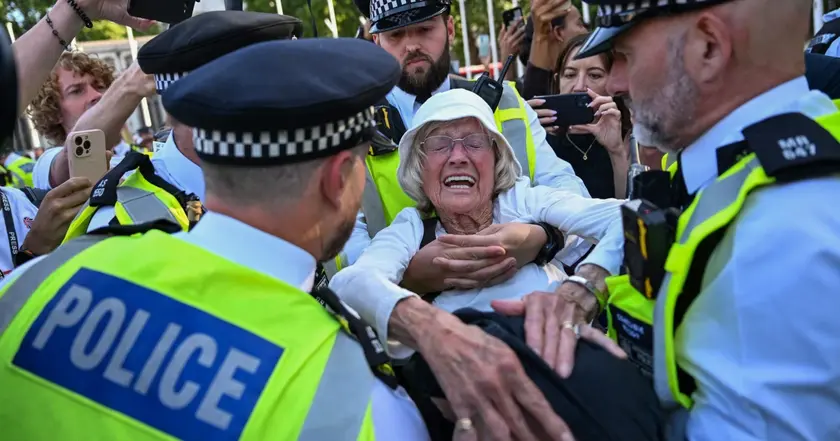
London arrests 474 protesters over new Palestine Action ban
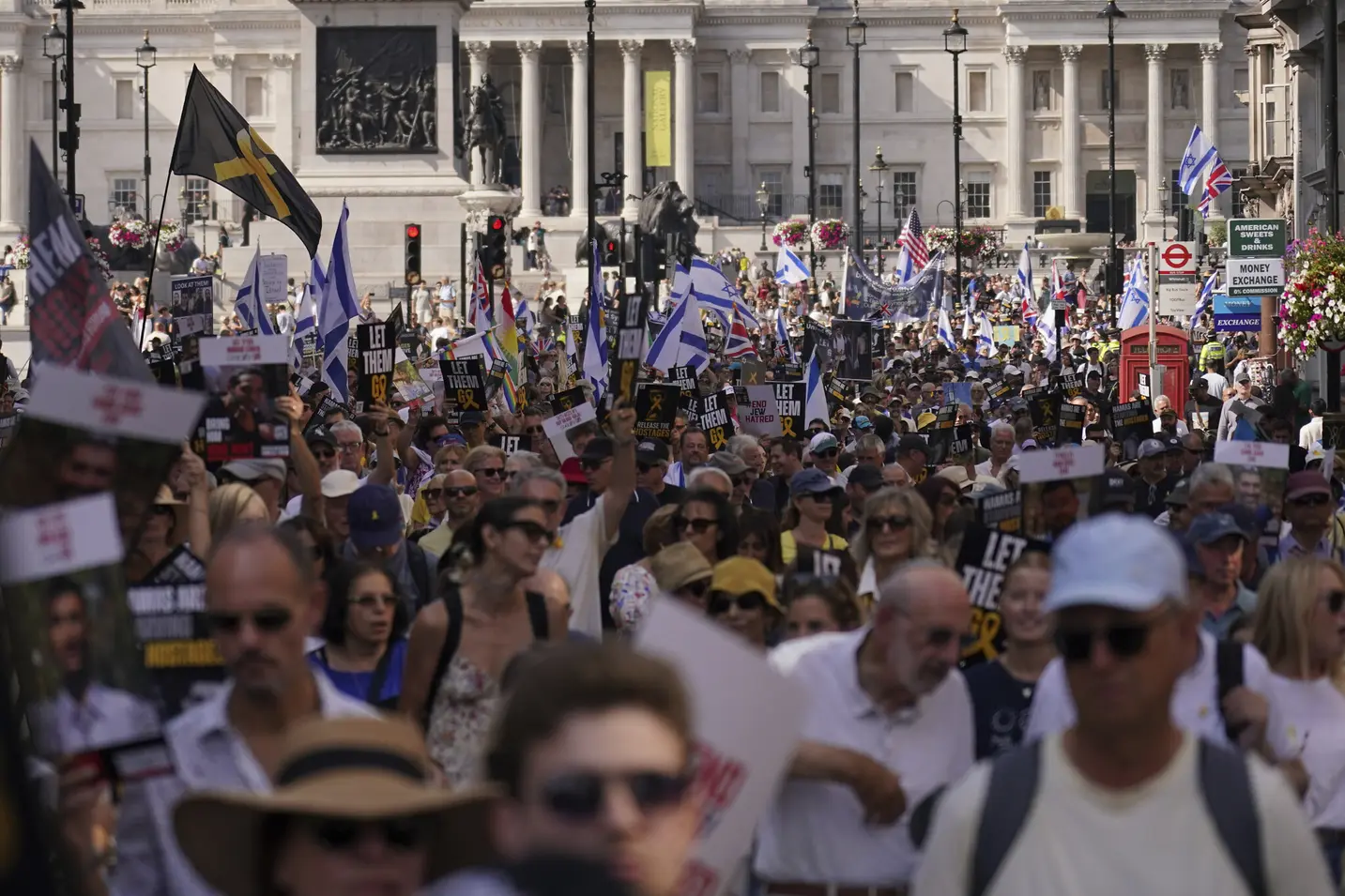
London protests press hostage release and state move

Liverpool protests clash
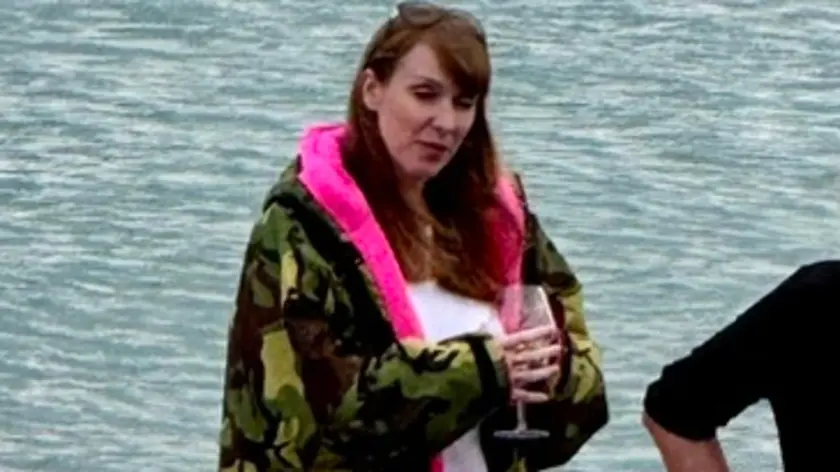
Rayner’s seaside flat draws scrutiny
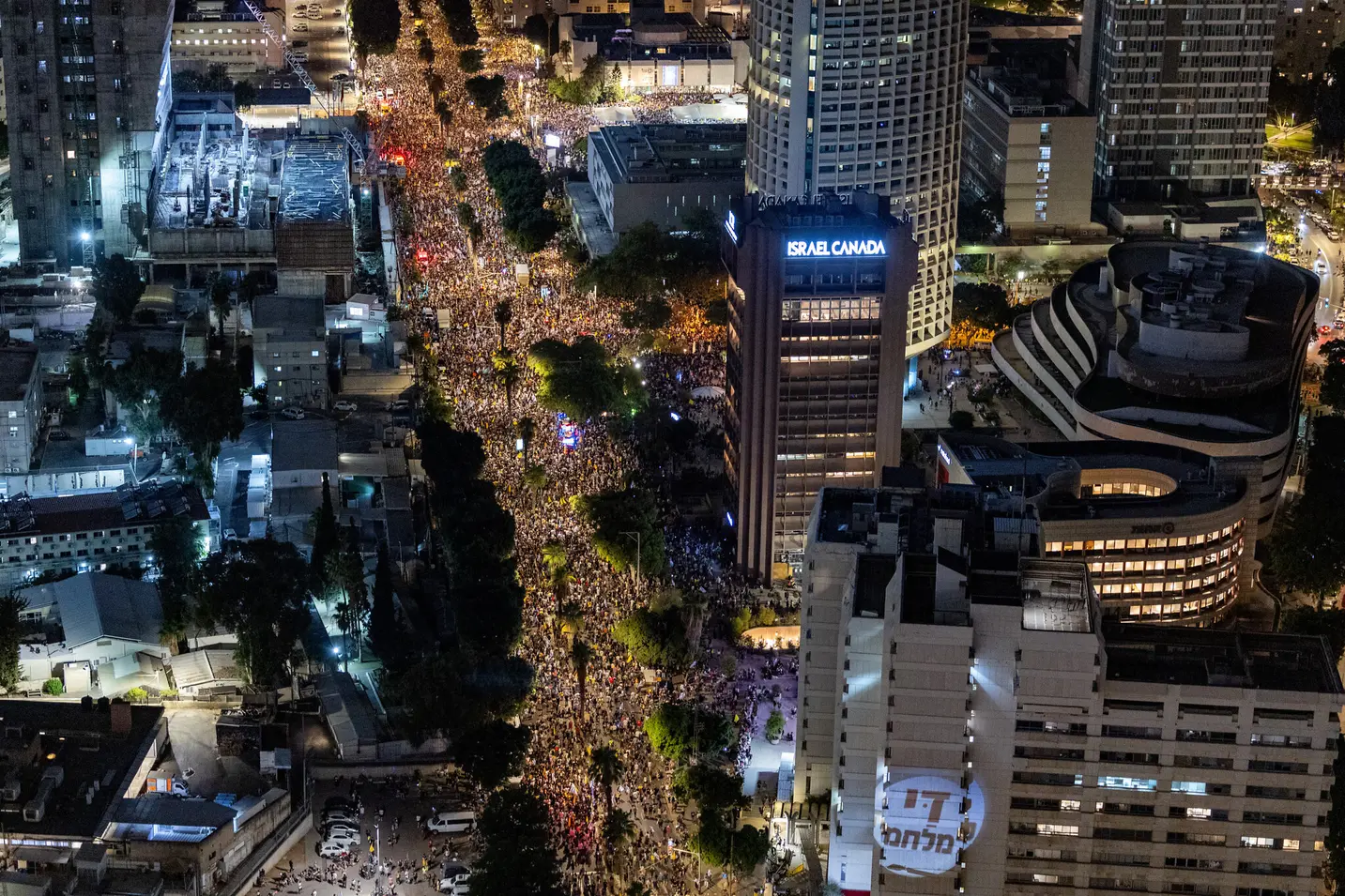
Tel Aviv rallies call for end to war and hostage release
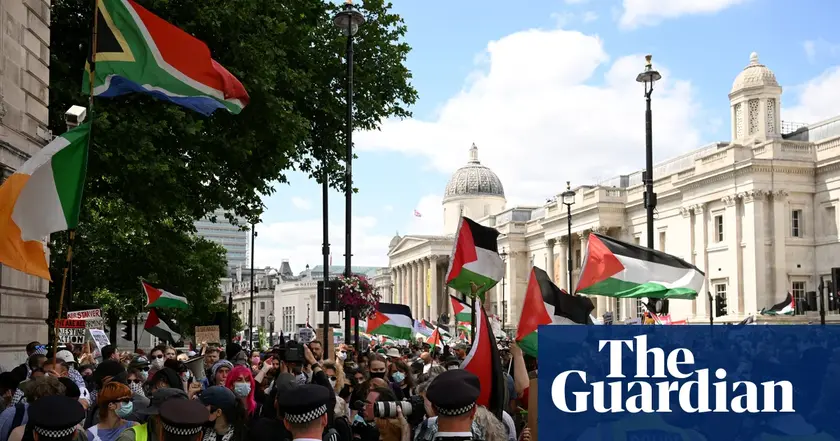
Protest rights under new UK terrorism designation
